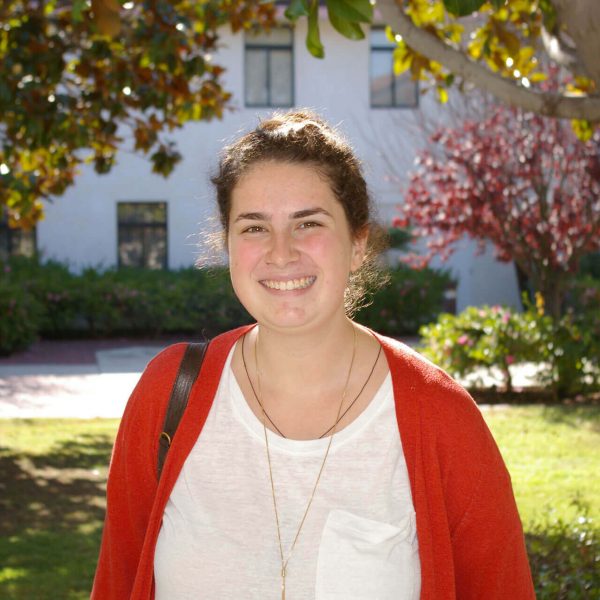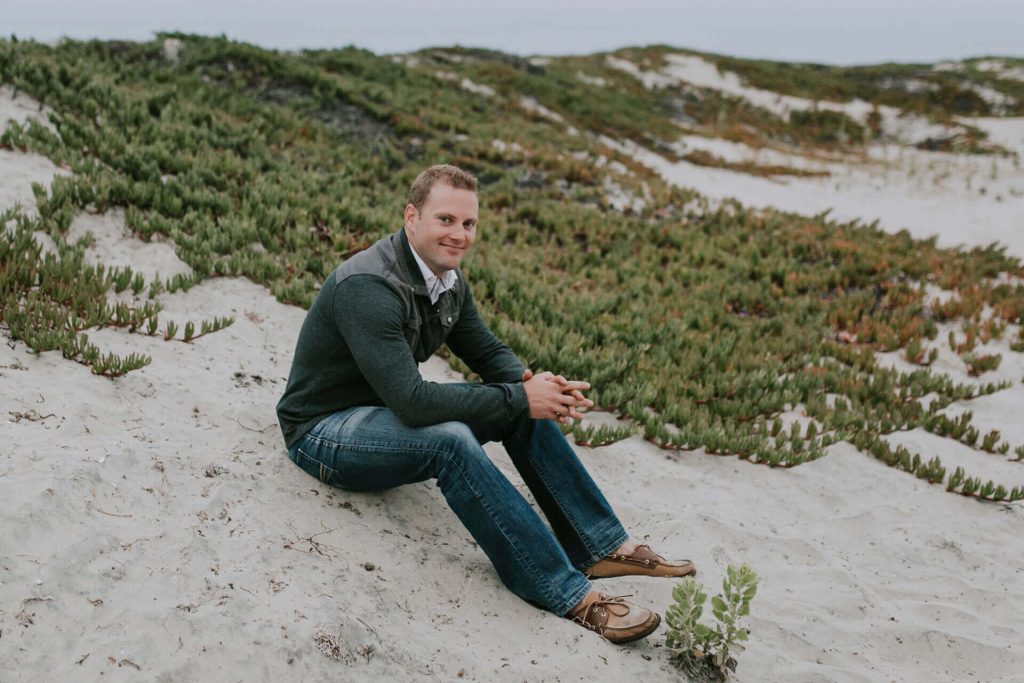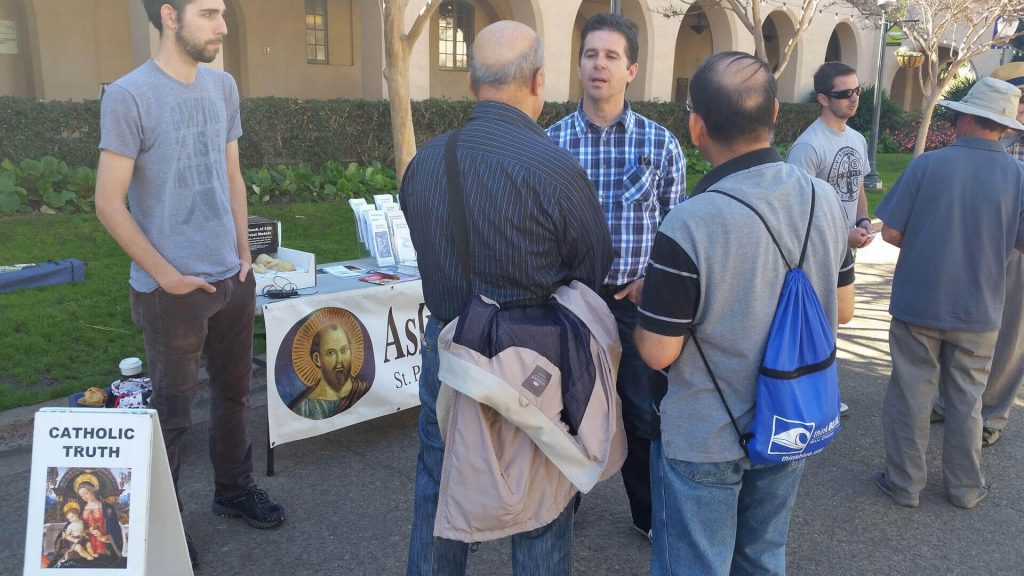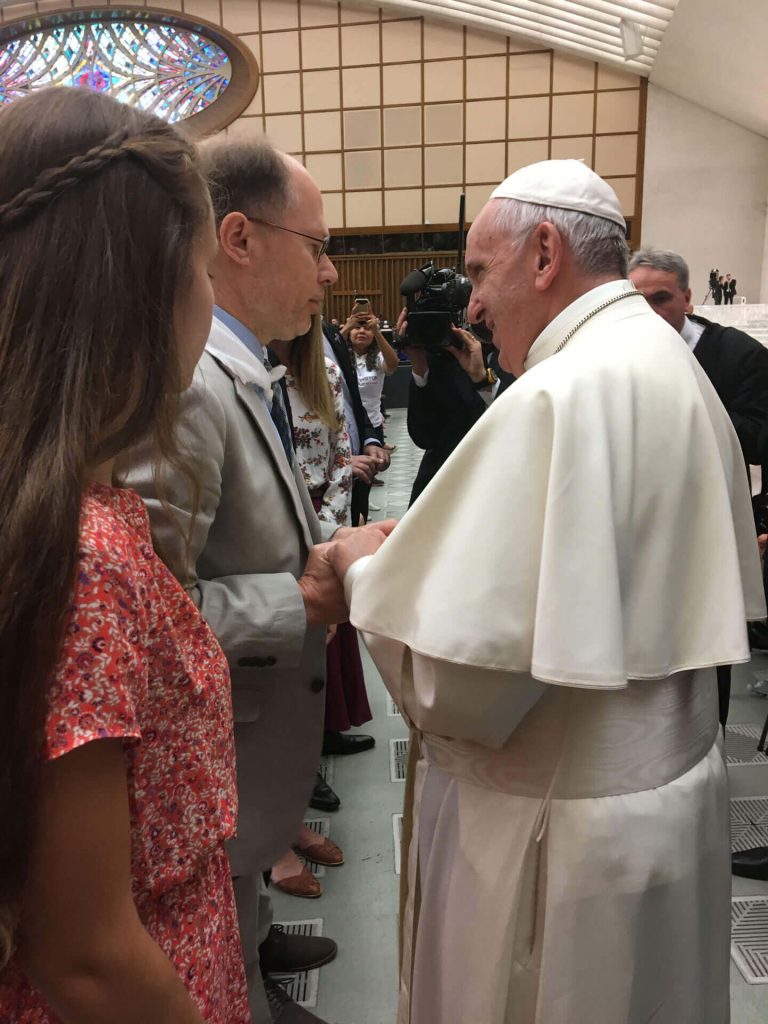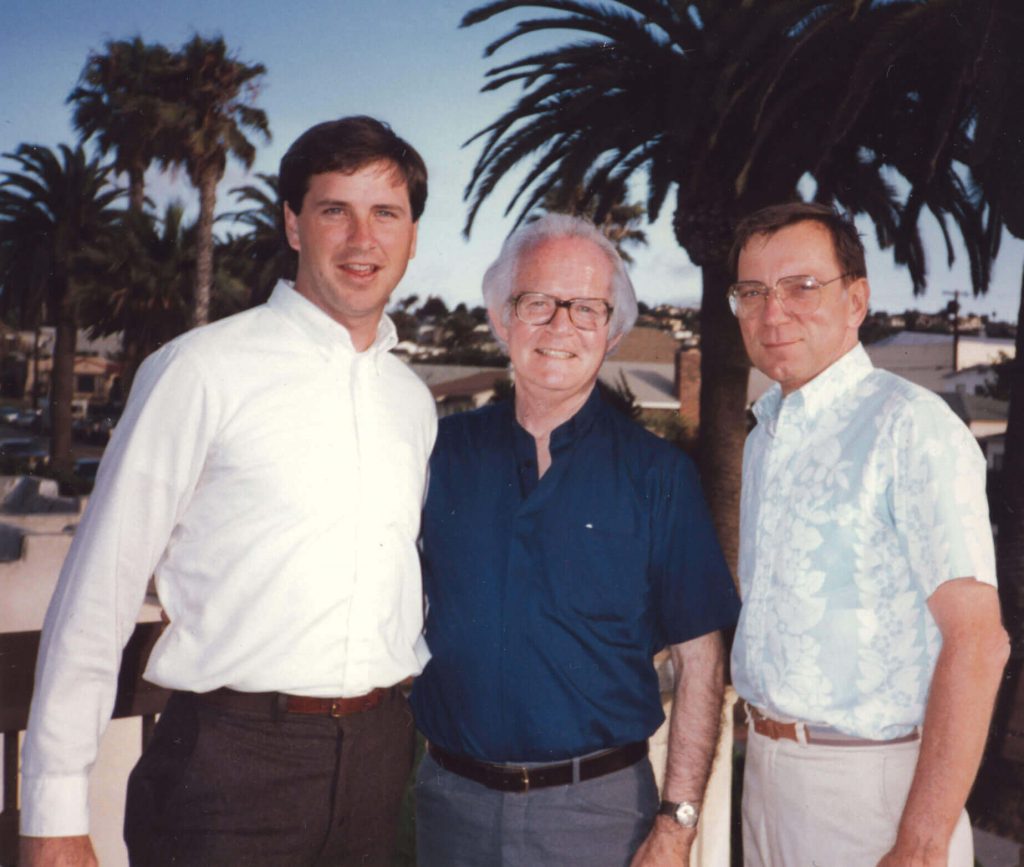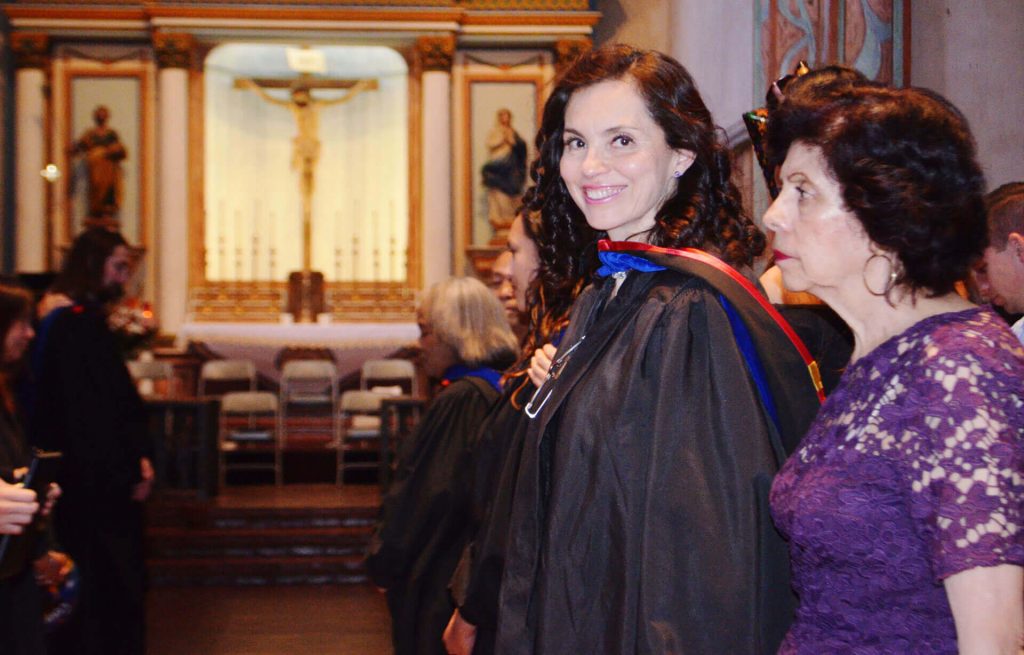PASTORAL CENTER — The Diocese of San Diego has commissioned an in-depth study of its nascent mental health ministry.
The goal is to collect information that can be used in a published report that will be shared with other dioceses and archdioceses, perhaps inspiring them to follow San Diego’s lead.
It’s a major undertaking and, perhaps surprisingly, the primary responsibility for conducting the research, interviewing the key players and compiling the data has been entrusted to a high school senior.
“It’s scary, but it’s exciting to think that I’m going to be able to help,” said Madison Fredette, who is doing this work for the diocesan Office for Social Ministry in her capacity as an intern.
The San Diego Diocesan Mental Health Ministry Network was established in 2014 to move the diocese toward a future in which mental illness is no longer stigmatized and those experiencing such challenges are fully included in the life of their parish communities.
The network, which places the diocese on the cutting-edge of outreach to the mentally ill, is composed of ministry teams whose job is to reach out to fellow parishioners affected by mental illness, provide referrals, accompany them through the treatment process, and provide parish-wide education on the subject of mental illness.
“Imagine a 17-year-old being behind a major study that is publishing information on an effort that’s never been tried before,” said Kent Peters, director of the Office for Social Ministry. He added that Fredette watched all of the informational videos that have been made about the ministry and read all of the printed materials available in order to prepare for her assignment.
Beginning with her home parish of St. Thomas More in Oceanside, where her father is a deacon, Fredette will be interviewing the leaders of each parish mental health ministry team in the network.
Peters explained that, through Fredette’s recorded interviews, the diocese will have a comprehensive account of the ministry at each parish, including the numbers and types of events that have been held, what the attendance numbers have been like, and a treasury of powerful anecdotes.
“It’s going to be pretty in-depth,” Peters said of the eventual report. “We think we might really be surprised as to what’s happening out there and, if we hadn’t captured it, it would have been a tremendous loss.”
Born in Vista into a family of six children, Fredette grew up in a household where the Catholic faith played a prominent role.
“Our entire life is surrounded by it, which is how it should be,” said Fredette, whose father is a deacon and whose mother is a parish director of religious education. “It’s what keeps our family together, what makes us happy. I don’t really know what it would be like without the faith, just because it’s always been there.”
A homeschooled student, she is currently in her last year of high school. Her internship with the Diocese of San Diego started last September and will conclude next June. In the Diocesan Institute, her tasks are predominantly administrative. In the Social Ministry Office, in addition to her work on the mental health ministry report, she also assists with preparations for the San Diego Walk for Life, which will take place Jan. 21 in Balboa Park, and has even served as a fill-in host for the office’s weekly radio program, “Setting Things Right.”
Fredette believes the work of the San Diego Mental Health Ministry Network is important, and is grateful for the opportunity to play even a small role in supporting its work.
“It’s so important because [mental illness is] so much different than any other illness where you can see, ‘Oh, someone’s suffering,’ and be able to help them,” she said. “With mental illness, it’s something that people are so afraid to talk about, because they feel like they’re going to be judged … and it’s really this illness [that] people need help with, just like any other illness.”
“In the long run, I’m not doing that much,” she said of her work collecting data for the diocese’s report. But knowing that the report might help the ministry to expand into other dioceses, she said, it’s enough “just to be … a little stepping stone, to be able to get more people help and more people to be comforted and healed.”

